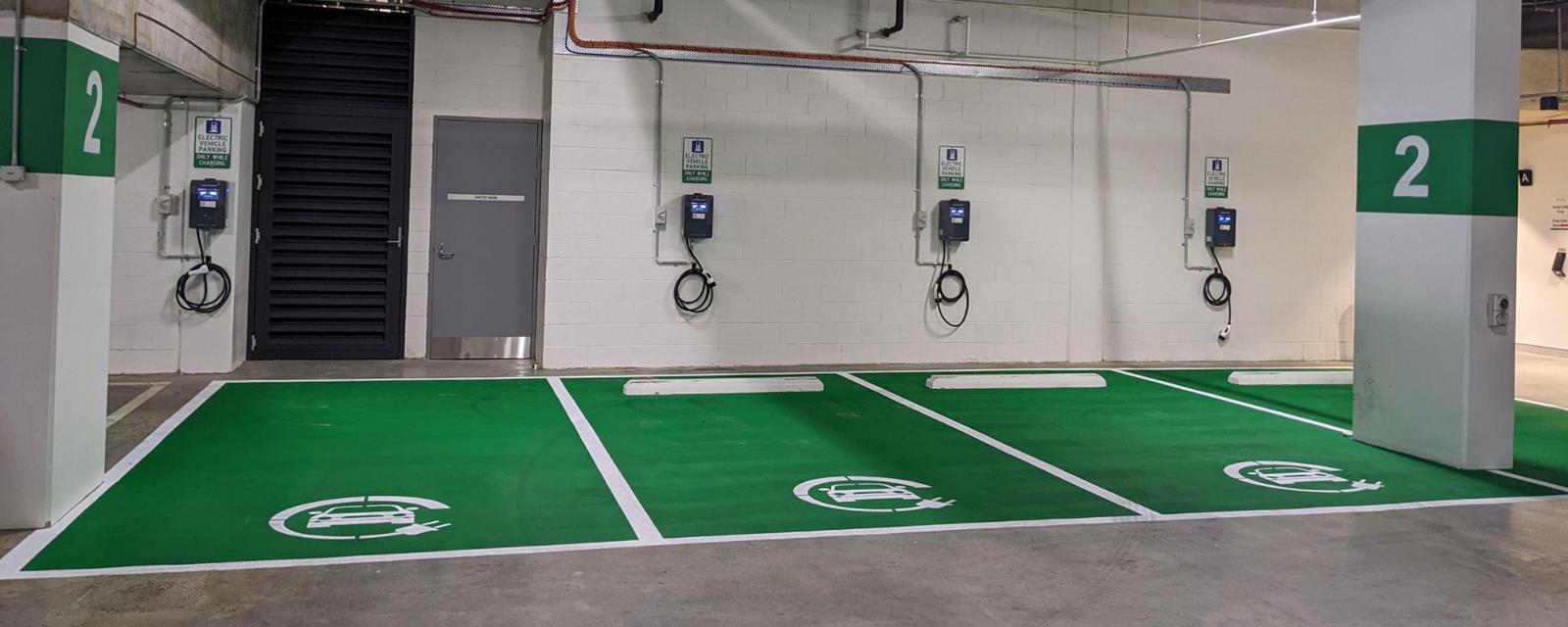Electric Vehicle Charging Rates. The Difference between AC & DC

EVSE Australia provides a diverse range of units tailored to different needs, offering portable chargers starting from 2.4kW to powerful Ultrafast DC units reaching up to 420kW, catering to a wide spectrum of features and capabilities.
So, what does this mean for you, and your installation? First, we need to clear up the difference between Alternate Current (AC) & Direct Current (DC) charging.
AC Charging: Accessible and Versatile:
AC charging is the most common method used for charging electric vehicles, most commonly within homes and often in many public charging stations. Here’s how it works:
- Charging Process: AC charging involves converting alternating current from the grid into the direct current required by EV batteries using an onboard charger within the vehicle.
- Charging Rate: AC chargers typically range from 3.7kW to 22kW for residential and commercial settings. The charging rate depends on the power rating of the charger and the vehicle’s onboard charger capacity.
- Time to Charge: The time taken to charge an EV via AC charging depends on factors such as battery size, charger capacity, and the current charge level. For example, a typical home charger (7kw) can fully charge a vehicle like the Tesla Model 3 in around 8 hours from empty to full.
- Accessibility: AC chargers are widely available, easy to install at home, and can be purchased through charger supplies such as EVSE if not available with the purchase of the EV.
DC Fast Charging: Rapid and Efficient
DC fast charging is designed for quick charging sessions on the go, offering significantly faster charging rates compared to AC chargers:
- Charging Process: DC charging disregards this conversion step and applies DC power to the battery directly via specialised chargers, sometimes known as fast chargers. These units are usually very large, heavy, and expensive requiring extensive power and network upgrades.
- Charging Rate: DC fast chargers can provide power from 20kW up to 420kW, depending on the charger type and the capabilities of the EV. Some newer EV models can accept higher DC charging rates, facilitating ultra-fast charging experiences.
- Time to Charge: DC fast chargers can replenish a signification portion of an EV’s battery capacity in as little as 30 minutes, depending on the charger’s power output and the vehicle’s battery management system.
- Use Cases: DC charging stations are usually used by fleet operators or are useful for applications such as highway rest stops where a quick charge is required.
Choosing the Right Charging Method
The choice between AC and DC charging depends largely on your lifestyle, driving habits, and the capabilities of your EV:
- Home Charging: AC chargers are ideal for overnight charging at home, providing a cost-effective and convenient solution for daily use.
- Public Charging: DC fast chargers are essential for long-distance travel and situations where quick charging is necessary, such as during road trips or busy schedules.
Understanding these differences empowers EV owners to make informed decisions about when and where to charge their vehicles, ensuring a seamless transition to electric mobility.
In conclusion, while AC chargers offer practicality and accessibility for daily use, DC fast chargers cater to the need for rapid charging during longer journeys. Together, they form a comprehensive charging infrastructure that supports the growing adoption of electric vehicles worldwide.
Have further questions? Contact us:
sales@evse.com.au
1300 406 210


